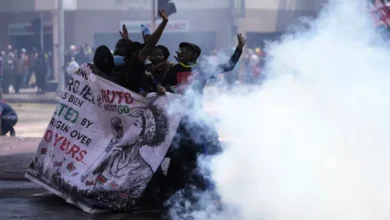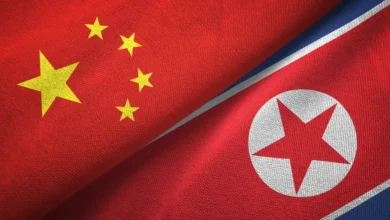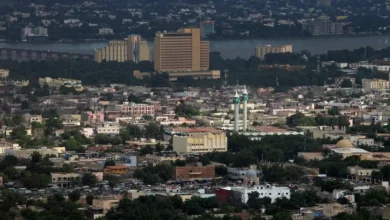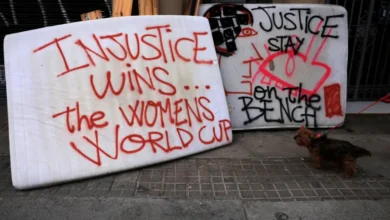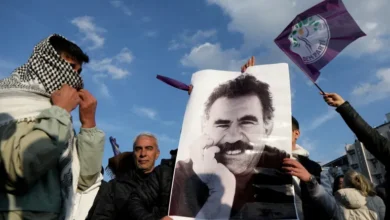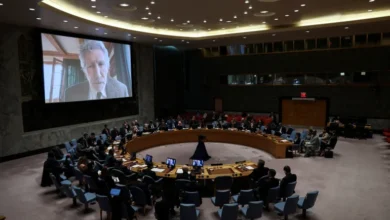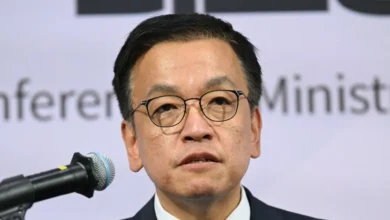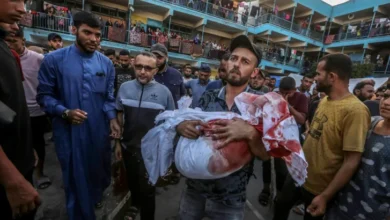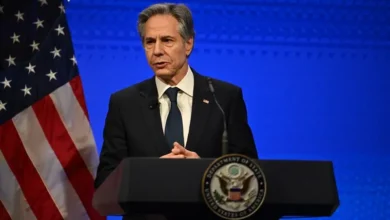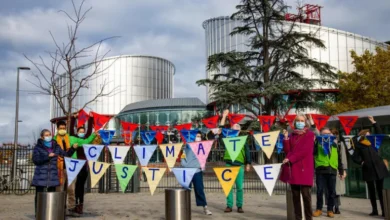There is now a window of opportunity for peace in Syria
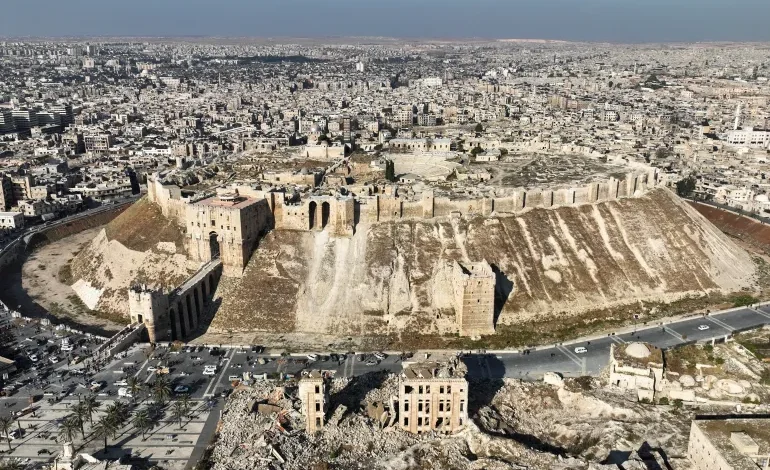
On November 27, merely hours after a ceasefire agreement between Israel and Lebanon came into effect, a coalition of Syrian opposition factions launched their biggest military operation in years. Led by Hayat Tahrir al-Sham (HTS), they attacked positions of the Syrian regime in Aleppo province, quickly advancing as their opponents retreated.
Within days, they managed to gain control of Syria’s second-largest city Aleppo and the entire Idlib governorate, reaching the outskirts of Hama.
This unexpected campaign by the Syrian opposition has rekindled a conflict that was long considered “frozen”. It has also shattered the perception that Syrian leader Bashar al-Assad has achieved victory and may pave the way for renewed peace negotiations.
Why the opposition succeeded
For nearly 10 years, a coalition of Russian forces, Hezbollah, and Iran-linked groups have helped al-Assad retain control of most of Syria, with the exception of the north.
Over the past two years, this coalition has been degraded due to a series of developments, including the Russian invasion of Ukraine in February 2022 and this year’s Israeli war on Lebanon.
Hezbollah forces deployed in Syria have also declined. The war with Israel inflicted heavy losses on the group, as many of its upper echelons and its leader, Hassan Nasrallah, were killed. As a result, the group has had to withdraw a good part of its forces deployed in the Aleppo and Idlib countryside towards Lebanon. Iran’s military presence in Syria has also been weakened by frequent Israeli attacks.
The Syrian regime forces have also been degraded over the past 14 years of war. Defection and combat losses have dwindled significantly, while the financial crisis has limited Damascus’s ability to pay regular wages.
When the opposition launched its attack, it faced a completely worn-out army that had lost the will to fight. Morale had collapsed, especially with the absence of allies on the ground and the Russian Air Force in the sky; they retreated quickly.
By contrast, the opposition’s performance has improved significantly in recent years, as it has become better organised and more disciplined, especially HTS. It has also been better equipped as a result of local manufacturing, seizing weapons from the regime’s positions and its allies, and obtaining them from external parties.
